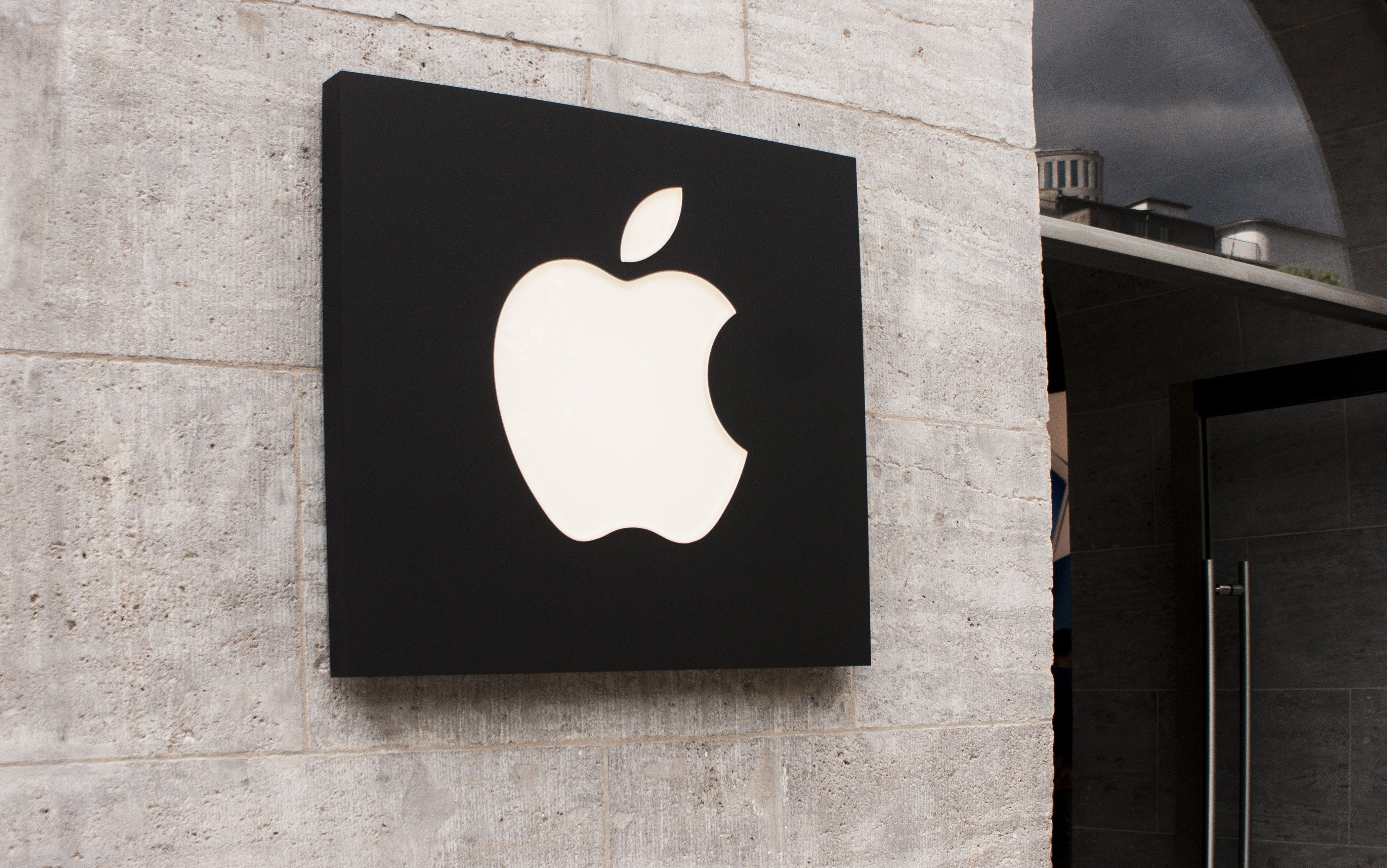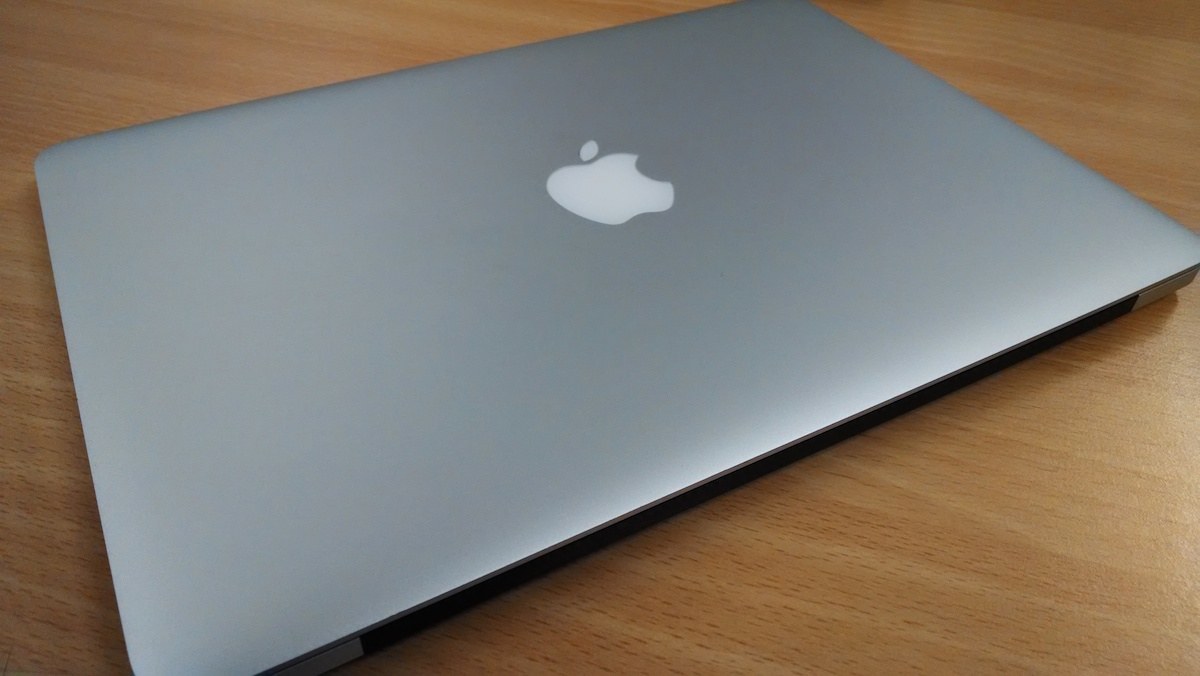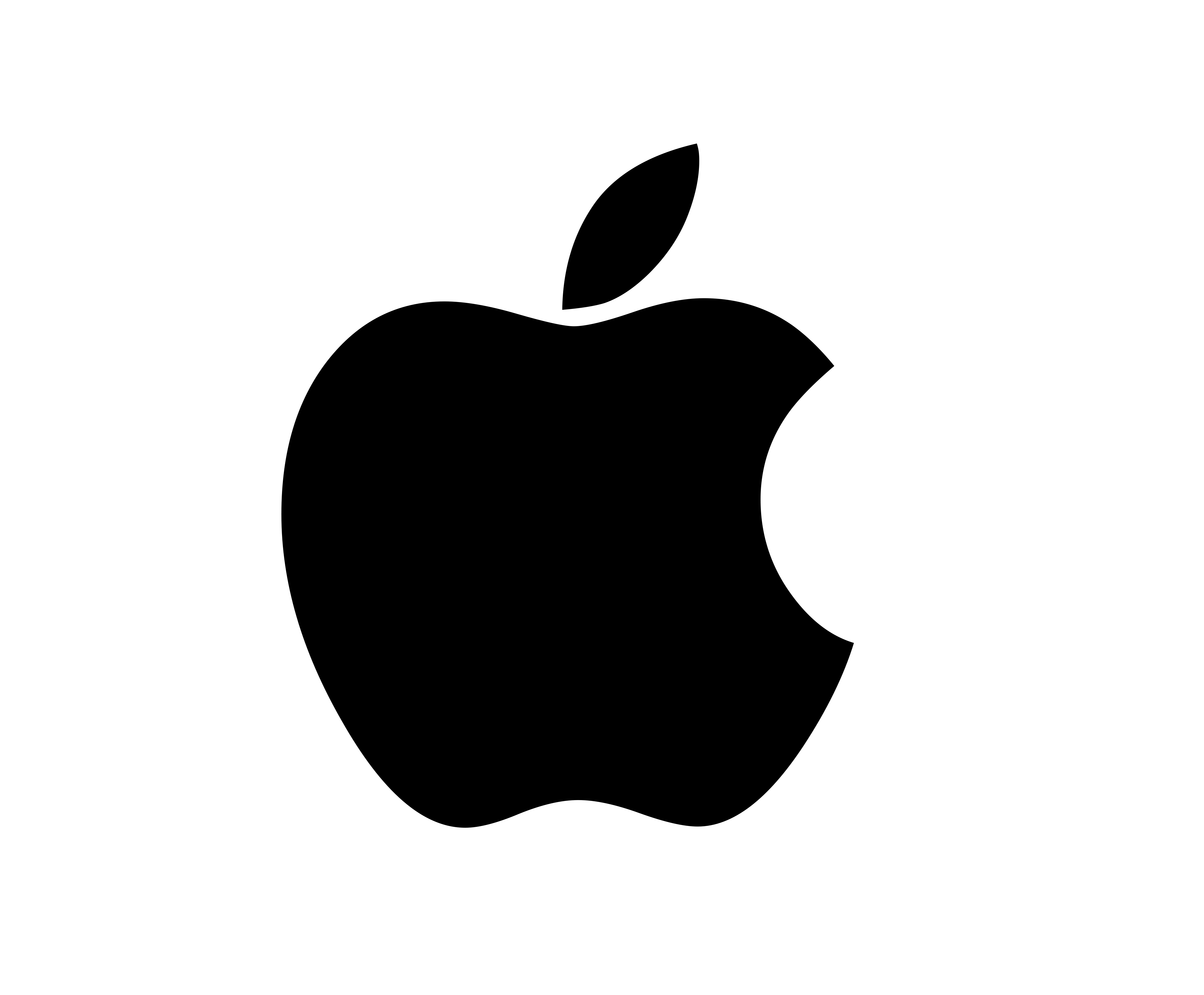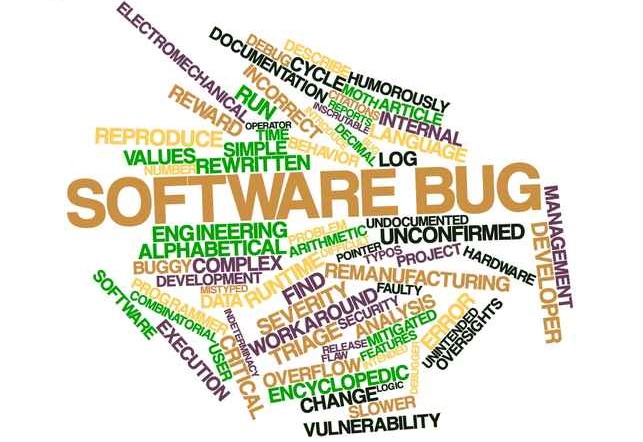Mac Defender threat is ‘no surprise’
Macs are being increasingly targeted by cyber criminals looking to dupe users into parting with their cash.


The Mac Defender fake anti-virus threat should come as no surprise, given the sharp rise in attempts on Apple Mac systems, according to security experts.
Many Mac users have been duped into downloading the fake software, which has spread thanks to SEO poisoning attacks.
The perpetrators convinced users their systems were infected and needed protection, asking them to download the Mac Defender application for a fee.
Mac Defender also automatically opened web pages for pornographic sites, most likely to convince the user their system was infected, security firm Intego explained in a blog post.
This kind of attack has plagued Windows systems for years, but the fact it has targeted Macs should not shock anyone, said David Emm, senior security researcher at Kaspersky Lab.
"This is not a surprise as the number of Mac-specific threats, while very small compared to those targeting Windows systems, has been growing rapidly over the last two years," Emm told IT PRO.
"Given the success of cyber criminals' rogue anti-virus programs, the emergence of rogue anti-virus programs for the Mac platform comes as no surprise."
Get the ITPro daily newsletter
Sign up today and you will receive a free copy of our Future Focus 2025 report - the leading guidance on AI, cybersecurity and other IT challenges as per 700+ senior executives
Security professionals have increasingly called for Mac users to be more vigilant, as more and more cyber criminals turn their attention to the platform.
The days when Macs were considered highly secure on their own appear to be at an end, many in the industry have said.
This isn't actually the first fake AV to target Mac users, though it's easily the most successful.
Earlier this month, what was believed to be the first ever Mac OS X crimeware kit was spotted.
However, attacks on Mac users have largely relied on tricking users rather than exploiting systems themselves, as Mac Defender did, said chief executive of Small Blue-Green World, David Harley.
"This isn't actually the first fake AV to target Mac users, though it's easily the most successful," said Harley, who is also administrator of his company's Mac Virus blog.
"There have always been Mac threats, though OS X virtually eliminated the virus problem. What OS threats there are target users rather than the operating system: that is, they normally rely on social engineering rather than vulnerabilities in the OS."
Emm agreed the Mac Defender attack did not exploit any actual vulnerabilities within the Mac OS, although this was standard in fake anti-virus attacks.
"Like any rogue anti-virus program, the danger lies not in the impact the program has on the system (though we know from experience that they aren't easy to remove manually), but in the fact that people are tricked into parting with their money to remove threats that aren't really there," Emm added.
"To defend against these programs, people should avoid the temptation to click on random pop-ups or buttons that purportedly claim to detect and/or clean malware, and should proactively install internet security software to block such programs."
Tom Brewster is currently an associate editor at Forbes and an award-winning journalist who covers cyber security, surveillance, and privacy. Starting his career at ITPro as a staff writer and working up to a senior staff writer role, Tom has been covering the tech industry for more than ten years and is considered one of the leading journalists in his specialism.
He is a proud alum of the University of Sheffield where he secured an undergraduate degree in English Literature before undertaking a certification from General Assembly in web development.
-
 Should AI PCs be part of your next hardware refresh?
Should AI PCs be part of your next hardware refresh?AI PCs are fast becoming a business staple and a surefire way to future-proof your business
By Bobby Hellard
-
 Westcon-Comstor and Vectra AI launch brace of new channel initiatives
Westcon-Comstor and Vectra AI launch brace of new channel initiativesNews Westcon-Comstor and Vectra AI have announced the launch of two new channel growth initiatives focused on the managed security service provider (MSSP) space and AWS Marketplace.
By Daniel Todd
-
 Common malware slipped past the macOS notarization process twice
Common malware slipped past the macOS notarization process twiceNews Apple immediately revoked the notarization, but the adware slipped through again
By Justin Cupler
-
 Mac and Android malware on the rise, reports show
Mac and Android malware on the rise, reports showNews New research suggest that malware for the two device families has spiked over the past year
By Adam Shepherd
-
 Mac malware Eleanor hijacks your local files and email
Mac malware Eleanor hijacks your local files and emailNews Malicious code masquerades as file converter
By Aaron Lee
-
 Apple-certified ransomware affected fewer than 7,000 computers
Apple-certified ransomware affected fewer than 7,000 computersNews Downloads of KeRanger-infected Transmission BitTorrent client less widespread than feared
By Jane McCallion
-
 17,000 Macs hit by hackers via Reddit
17,000 Macs hit by hackers via RedditNews The criminals infected the Apple computers with malware called Mac.BackDoor.iWorm
By Clare Hopping
-
 Shellshock: Apple rolls out OS X patches for Bash bug
Shellshock: Apple rolls out OS X patches for Bash bugNews “Safe by Default” Macs get patched just in case
By Rene Millman
-
 Adobe unveils Flash Player security update
Adobe unveils Flash Player security updateNews Software vendor to plug security holes in media player with latest product update.
By Rene Millman
-
 Macs under attack?
Macs under attack?In-depth It's arguable that the recent Flashback Trojan episode has been the tipping point when it comes to changing the face of the Mac security threatscape. But who is targeting OS X and iOS devices, how are they doing it and should the average business user be worried? Davey Winder investigates...
By Davey Winder